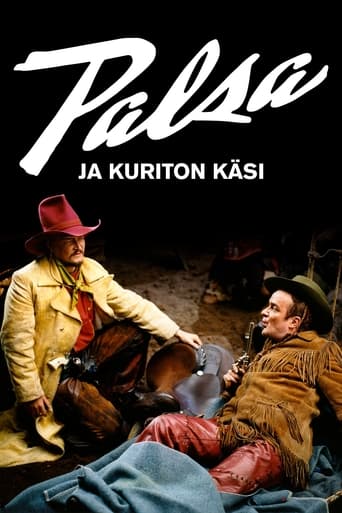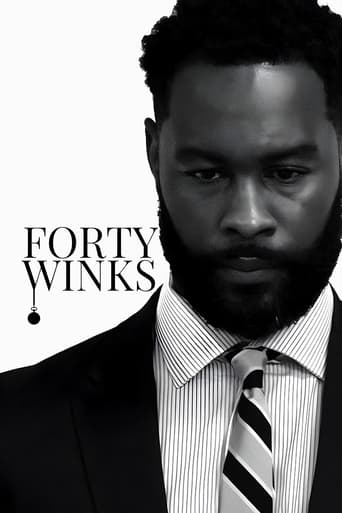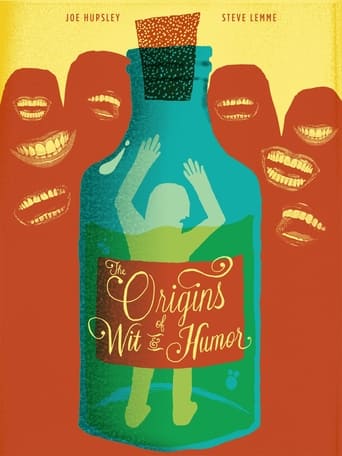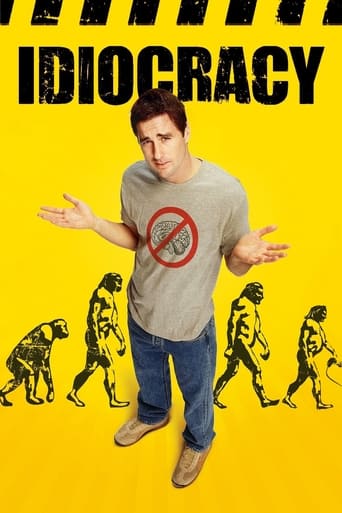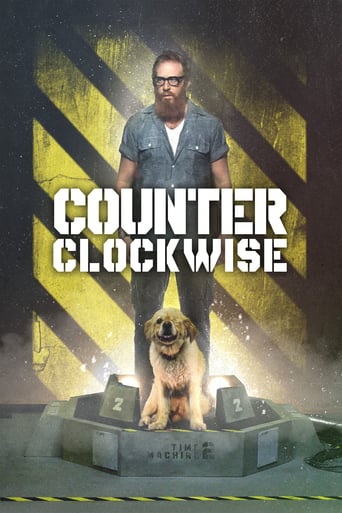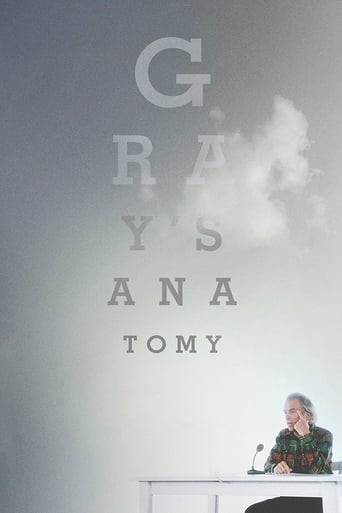
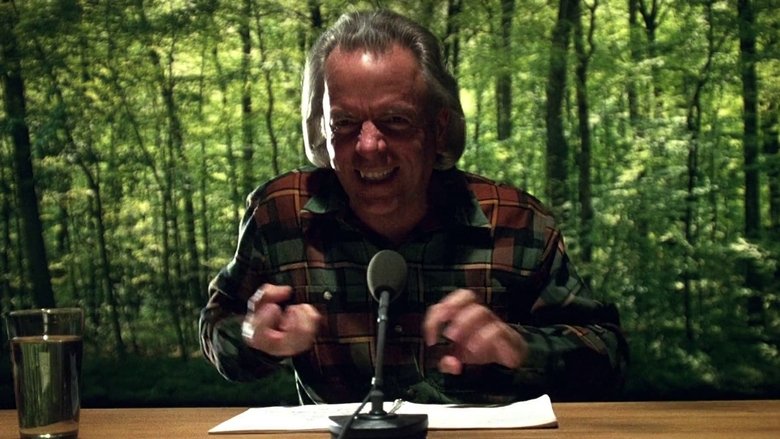
Gray's Anatomy (1996)
The film documents, in an often dramatic and humorous fashion, Gray's investigations into alternative medicine for an eye condition (Macular pucker) he had developed.
Watch Trailer
Cast
Similar titles
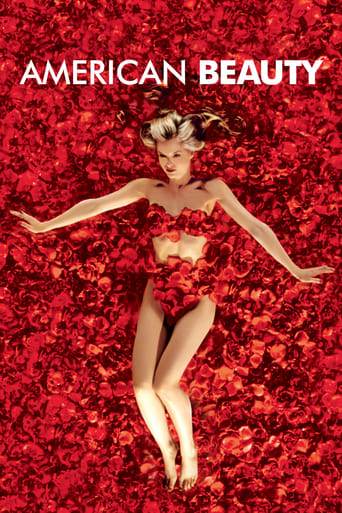
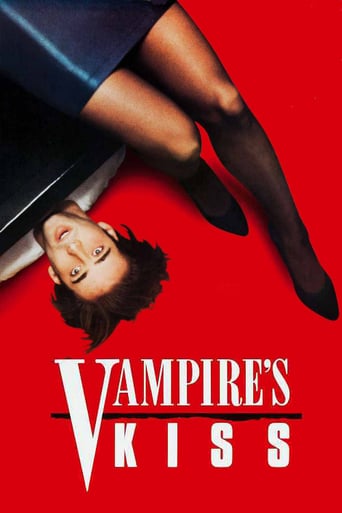
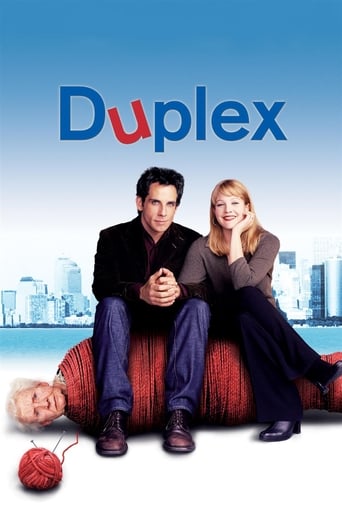
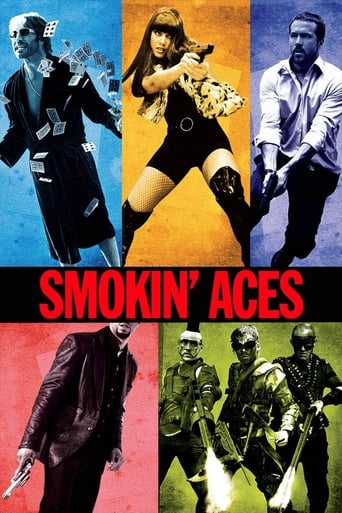
Reviews
Strong and Moving!
If you don't like this, we can't be friends.
When a movie has you begging for it to end not even half way through it's pure crap. We've all seen this movie and this characters millions of times, nothing new in it. Don't waste your time.
The film never slows down or bores, plunging from one harrowing sequence to the next.
Like the greatest, most professional poet, Spalding Gray tells him stories at a swift, rhythmic pace that is exciting and brilliant all at once. With his pitch perfect timing and comedic wit, he weaves together here a masterpiece of the monologue as he recounts his bizarre, eye opening (yes, pun intended) adventure after he discovered he had an eye problem. Rather than simply accepting a surgery (he really doesn't like it when the doctors refer to their work as "scraping"), he attempts to work out alternative methods, which range from an all raw vegetable diet to traveling to the Philippians to visit a so called "psychic surgeon". As a master of the monologue, Gray tells this story miraculously well. He writes with a beautiful and distinct quality. Through his storytelling, he expresses himself in a truly unique and entertaining way, packing this one man show with laughs and personality.I must also praise the director, the famous Steven Soderbergh, who morphs this monologue into a visually stunning art film. Using music, sound, sets, props, camera movement, shadows, and plenty of other fascinating, experimental techniques, he turns Gray's witty writings into a much more cinematic and epic adventure that truly captures Gray's quirky and strange view of life.
Wow, a great film. It is one of a kind, so I can't compare it to anything else. Those of us from the 60s who knew the weirdos Spaulding consulted, especially enjoyed the film. His ability to enter the skin of so many characters instantly, while still looking at them from the outside, is a real gift. He is not sarcastic. He "likes to learn things" and hence in this film we find him raking leaves in a Hassidic synagogue, "eye"ing Japanese psychic surgery patients whisking around an operating table; gasping for air, his mouth pressed to the bottom of a sweat lodge tent; and in one particularly hilarious segment, submitting to treatment by a seriously nearsighted "nutritional optometrist." I loved this movie. It is a riveting example of storytelling, of the power of one human voice to mesmerize the rest of us.
When Spalding Gray is diagnosed as having an eye condition, he goes to a doctor to discuss a course of action. When the issue of surgery comes up it launches Gray on a journey to get a cure that sees him reconnecting with his Christian Scientology roots before other treatments including a physic surgeon, cutting out some foods and a Native American sweat lodge.Spalding Gray's monologues are very much a matter of taste -many audiences do not like spoken word shows or films and even those that do may not like Gray. I am of the mind that any story teller than can hold my interest for 80 minutes is worth listening to. As an ex-cleaner I have listened to many of my older colleagues talk ad infinitium about their medical problems but none did so with the wit and invention of Gray. He tells a simple story of alternative treatments and such but every little detail is painted with great words. He also manages to inject wit into it - the funniest moment being where he is told that he cannot eat fish (cause they eat certain sea cucumbers in the wild that have chemicals) and he cannot eat chicken because they feed fish to chicken; he finds a farmer's market selling fish bred in captivity (hence, he reckons, unlikely to have eat the sea cucumbers), buys it but then is told that they feed the fish ground up chicken!.Gray is captivating. At times he is a bit too hyper and his mannerisms are a little irritating in a spoilt Western-hypochondriac type of way, but this is just my prejudice getting in the way. He is a very good story teller and he makes for a good focus. The talking heads add value but really were unnecessary to carry the film. As director, Soderbergh finds himself with a difficult task: does he just point the camera and let the words do the work or does he try to mix it up? He goes for adding to the words and, in some cases he does (The Elvis of surgeons for example) but too often he just blurs the camera behind colours and rippled images. It still works but the words don't need help and often Soderbergh's influence is unnecessary even if it isn't unwelcome.Overall this is an enjoyable story that is very well told with words that do not only inform but paint and expand on the basic tales. Soderbergh feels that he must do something to justify the difference between film and stage and some of his influence works - but happily even when it doesn't it can be ignored. One of the more accessible and enjoyable of Gray's monologues, this film is a perfect way to reflect upon the man in the shadow of his untimely death.
But that's why some people love Spalding Gray. And although I do not fall into that category, per se, I was very entertained by this 80-minute monologue -- told in ranting New Yorker mannerisms that are nonetheless fairly endearing -- about what Gray should do about his macular pucker.The macular pucker, we learn in great detail, is an eye condition that must ultimately be "scraped" in order to restore normal vision. Gray, a born Christian Scientist and an enduring doctor-phobe, walks around New York City, tearing his hair out while choosing among the opinions of an array of quacks who weigh in on the issue. (Or, at least, he describes himself doing this -- the whole film is a series of closeups of Gray in a studio, with various visual stimuli applied to him, through the wonderful direction of the visionary Steven Soderbergh). Through the course of the narrative he describes near-slapstick visits to a Native American sweat lodge, a Phillipino doctor who is the Elvis of healers, a quirky New Jersey "dietary opthalmologist" and several others. It's all told with great storytelling verve, and occasional moments of poignancy.The film also consists of a series of short documentary interviews with about 8 survivors of eye trauma, who each nearly lost (or in some cases did) vision in stomach-churning ways. Their occasional thoughts on the healing process are very fascinating.Because of its odd structural format, the one-man narrative film threatens to fall by the wayside. Not that it has ever been a particularly popular form, but its appeal is perhaps dwindling further as our attention spans, and ability to sit through prolonged stories, deteriorate. However, Gray, with a boost from Soderbergh, gives the genre a good name -- and hope

